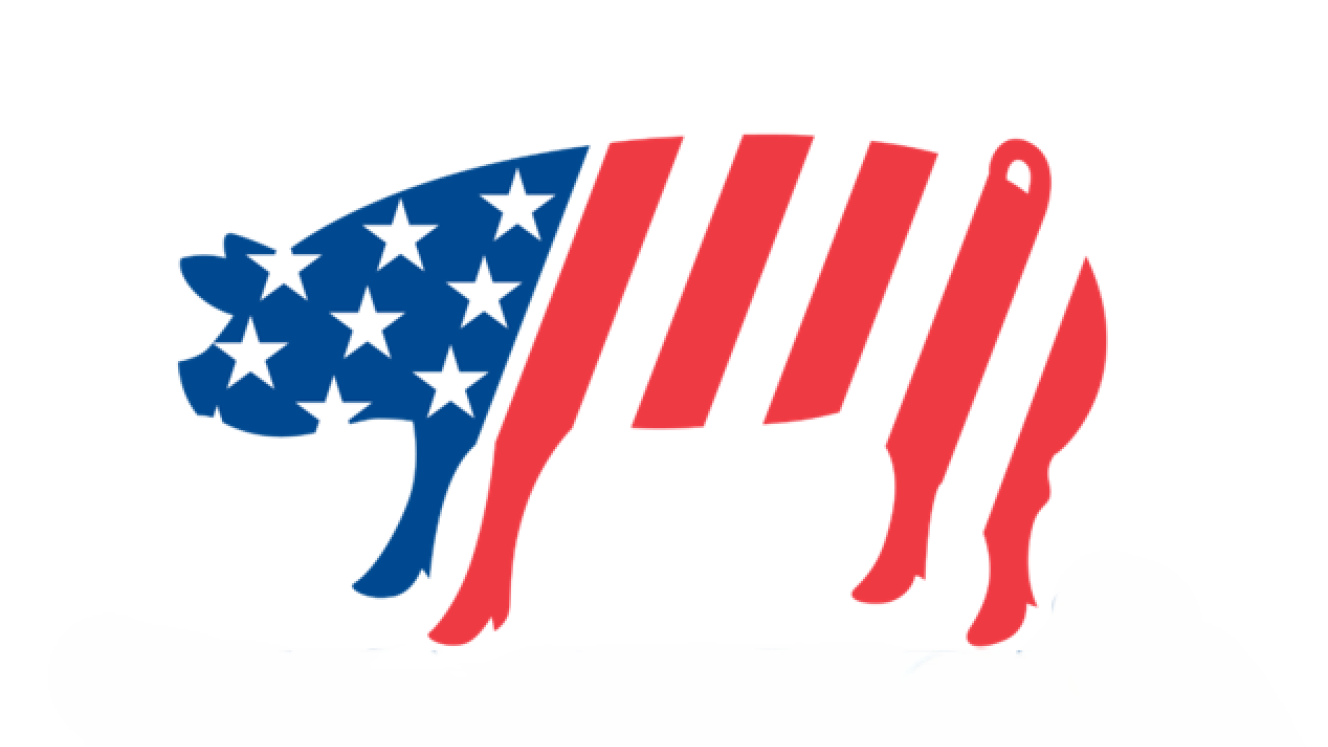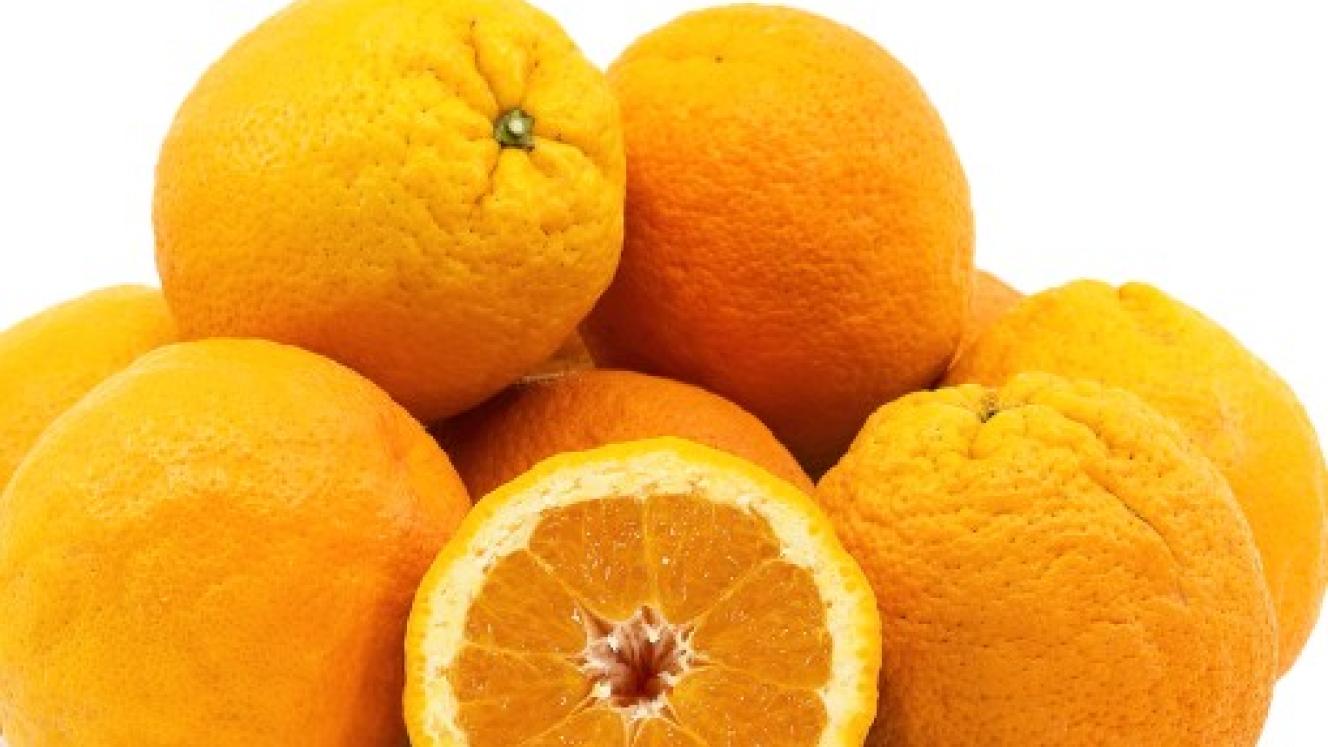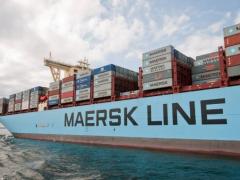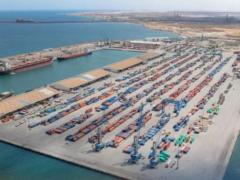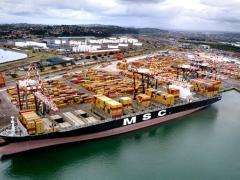The local Pork Producers’ Organisation (Sappo) has expressed concern that the United States may use the ongoing “Liberation Day” dispute as leverage to pressure South Africa into relaxing its stringent pork import restrictions.
Sappo’s situation arose from the US administration's recent imposition of a 31% tariff on most South African exports to the States, including all agricultural shipments.
Stayed for a 90-day period and expiring in June, President Donald Trump’s reciprocal tariffs threaten approximately 35 000 jobs within the industry.
The Citrus Growers' Association of Southern Africa (CGA) has warned that towns heavily reliant on citrus farming, such as Citrusdal in the Western Cape, could face severe economic consequences unless a new trade relationship with the US is developed.
Sappo’s concerns are rooted in South Africa's longstanding ban on US pork imports due to the prevalence of Porcine Reproductive and Respiratory Syndrome (PRRS) in American pig herds.
PRRS is a highly contagious disease that affects pigs' growth and development. South Africa is among a select group of countries that have remained free of PRRS, and Sappo is determined to maintain this status.
Sappo chief executive Dr Peter Evans said that there were reports indicating US frustration with South Africa’s stringent import protocols, which were grounded in scientific assessments aimed at preventing PRRS from entering the country.
He added that while they understood the trade dynamics involved, their primary responsibility remained the protection of the local pork industry from potential outbreaks.
Currently, South Africa imports approximately 50 000 tons of pork annually, primarily from PRRS-free countries like Brazil, Canada and certain European Union nations.
The country also exports about 5% of its pork production, mainly to neighbouring African countries.
The South African government has indicated its intention to seek negotiated solutions to the citrus tariff issue without retaliating.
However, with the African Growth and Opportunity Act (Agoa) set to expire in September and the recent tariffs effectively nullifying its benefits, the situation remains precarious.
As trade negotiations continue, Sappo has urged the government to uphold its biosecurity measures, emphasising that the health of the nation's livestock and the integrity of its pork industry should not be compromised in broader trade discussions.
Although there was an outbreak of the disease in the Western Cape around the turn of this century, strict phytosanitary controls returned the country to its PRRS-free status.
Evans said that if a particular cut of pork posing a risk to the local industry entered our market, it was South Africa’s responsibility to treat imports for PRRS.
The US maintains it’s doing all it can to eradicate the disease.
The pork producer’s industry in the US spends about $150 per annum per sow (about R2 700) to fight PRRS.
Erring on the side of caution by retaining its stance on US pork could come at a hefty price for South Africa’s citrus industry.
- Join us next week at “Nampo Harvest Day” in Bothaville, where our sister publication, Farm.co.za, will have a stand.
